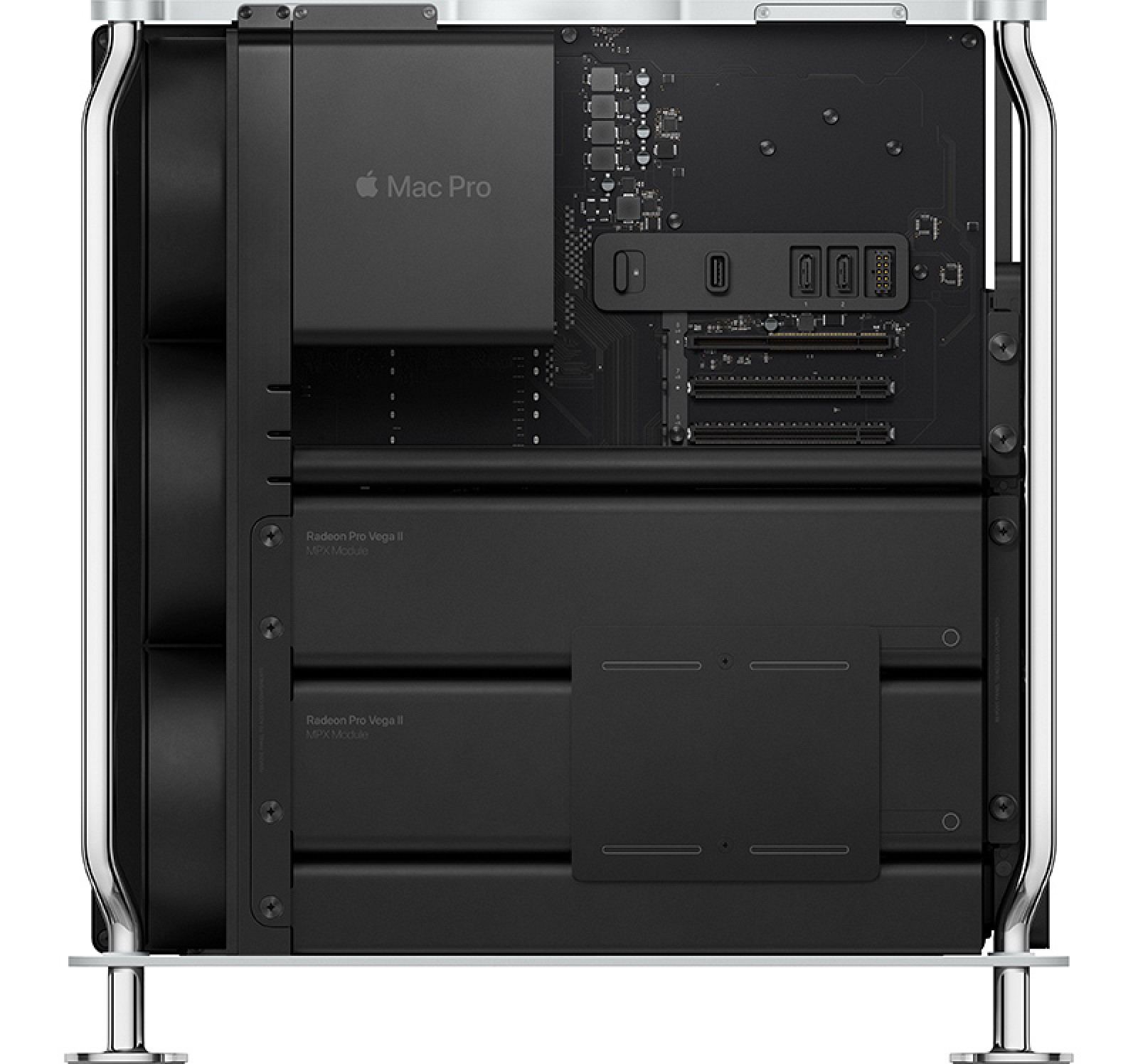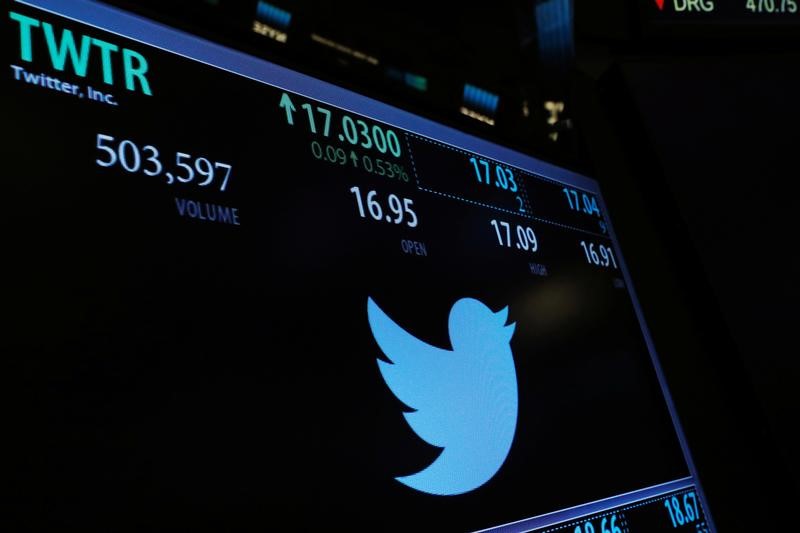
The Justice Department on Friday approved the merger of T-Mobile and Sprint, the third- and fourth-largest wireless companies in the United States, moving the deal one crucial step closer to completion years after the two carriers first explored joining forces.
Under the terms of the deal, T-Mobile, the larger of the two companies, would pay $26 billion to acquire Sprint, which has struggled in recent years. The combination would reshape the wireless industry and create a formidable rival to AT&T (No. 1 in the United States) and Verizon (No. 2).
The merger required the approval of the Justice Department, which enforces antitrust law, and the Federal Communications Commission, which oversees the telecommunications industry. In May, Ajit Pai, the F.C.C. chairman, signaled his support after the companies committed to investing in rural broadband service and the fifth generation of cellular networks, known as 5G.
The deal could still hit a snag if the companies fail to overcome a lawsuit brought by several states that are trying to block the transaction. Attorneys general for 13 states say the combination could harm consumers by leaving them with higher cellphone bills.
The Justice Department gave its approval after the two companies overcame a final obstacle by agreeing to sell off parts of their businesses to pay-TV operator Dish to create a potential fourth major player in the wireless industry. The agency also corralled the attorneys general of five states not party to the lawsuit into the agreement.
Makan Delrahim, the head of the Justice Department’s antitrust division, said in a statement that under the agreement’s terms, “Dish is in a unique position to succeed.”
In the smaller deal, T-Mobile and Sprint this week reached a $5 billion agreement with Dish to hand over Sprint’s prepaid wireless businesses, including Boost Mobile, which is popular with lower-income customers, and some of its airwaves, known as spectrum. With the acquisitions, Dish will have a chance to become a fourth major wireless carrier.
John Legere, T-Mobile’s voluble chief executive, is poised to become the leader of the combined company, which will use the T-Mobile name. He has been the deal’s primary pitchman, lobbying legislators and promoting the merger with a former rival to his 6.2 million Twitter followers. T-Mobile’s majority owner, the German telecommunications giant Deutsche Telekom, will own a non-controlling but significant stake in the newly merged business.
T-Mobile and Sprint have made their pledge to build out 5G technology, which brings faster-than-broadband speeds through the air, a centerpiece of their argument for why the merger should be approved. The companies have said they would have a more difficult time making progress in that area as separate businesses.
In addition to extending reliable internet access to rural areas, 5G is expected to fuel the development of autonomous cars and other so-called moonshot projects. President Trump has argued that the technology is critical to national security, and he has cited its importance in his administration’s crackdown on the Chinese telecommunications giant Huawei.
The combination of T-Mobile and Sprint would create a company with more than 100 million customers, putting it in a league with AT&T, with over 150 million customers, and Verizon, with about 118 million.
Mr. Legere, 61, and his counterpart at Sprint, the executive chairman Marcelo Claure, 48, embarked on a lobbying offensive after announcing that they had reached a deal to merge the companies more than a year ago.
Mr. Legere has made numerous visits to the F.C.C. and the Justice Department, documenting his activity on social media. A month after the proposed merger was announced, Mr. Claure was a host of a fund-raiser for Representative Marsha Blackburn, a Tennessee Republican who was running for Senate. Ms. Blackburn, a longtime supporter of the telecommunications industry, was elected to the Senate in November.
Several lawmakers have expressed misgivings over Mr. Legere’s Washington visits, noting the dozens of times that he and other T-Mobile executives have stayed at the Trump International Hotel. The companies have denied doing anything inappropriate to curry favor with federal officials.
The approval of the Justice Department and the F.C.C. does not mean the merger is a done deal. Last month, in a rare move, attorneys general for 13 states and the District of Columbia created a new obstacle in the transaction’s path when they sued to block it. The action opens a potential new front in regulation beyond Washington’s purview.
Led by New York and California, the states argue that the merger would lead to higher prices for consumers, because it would reduce the number of major wireless providers. The Justice Department’s approval is based on the same concern, and the moving to establish Dish as a fourth carrier is meant to address that issue.
Critics contend that the agreement with Dish does not really create a legitimate competitor because the satellite service would effectively be marketing T-Mobile’s service under a different banner. The Boost service Dish would own would only give it over nine million customers, and it would have to operate on T-Mobile’s network. The cable operators Charter and Comcast have a similar arrangement with Verizon.
Over time, Dish could create a fully owned network using the spectrum it owns plus the newly acquired airwaves from T-Mobile. But building that kind of infrastructure is costly, and Dish has been steadily losing subscribers to cheaper streaming services.
Senator Amy Klobuchar of Minnesota, a Democratic candidate for presidential, issued a statement on Friday saying that the agreement does not do enough to protect consumers and fails to address the concerns she raised with the Justice Department when it was first announced.
“It looked like a bad deal then, and it looks like a bad deal today, despite the parties’ promises and this proposed consent decree,” she said.
The Justice Department’s agreement relies almost entirely on the future actions of Dish, a company with a history of violations. The business is controlled by the billionaire Charles Ergen, an expert poker player and tough negotiator. Dish will be a party to the agreement and would be subject to millions of dollars in fines if it fails to build out its cellular service, Mr. Delrahim said.
https://www.nytimes.com/2019/07/26/business/media/sprint-tmobile-merger.html
2019-07-26 15:39:04Z
52780339444375





